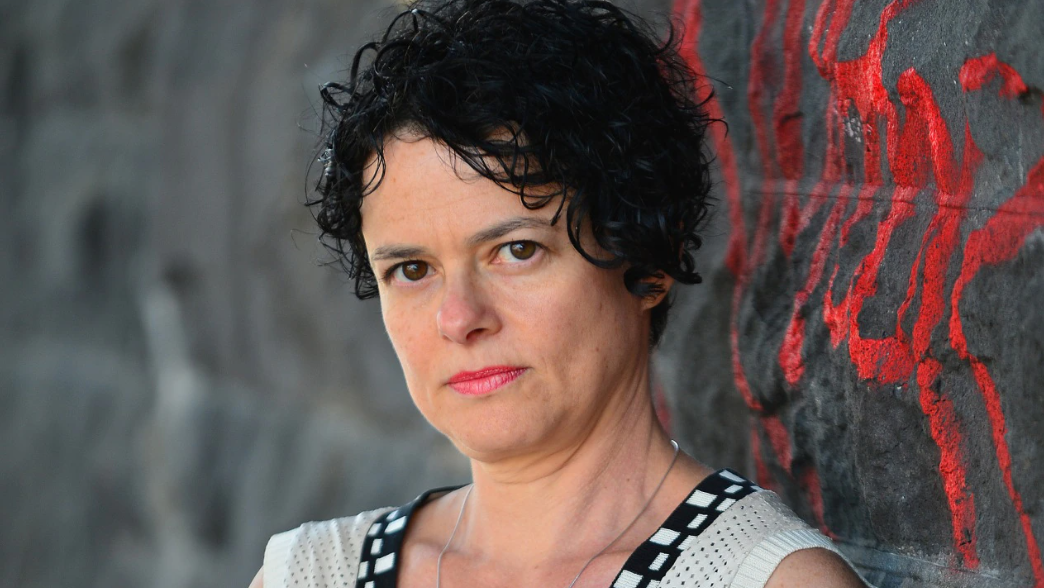The Silencing of Julie Szego
Julie Szego
Julie Szego was recently commissioned to write a piece for The Age, a deep-dive into the harrowing journeys of families with children grappling with gender dysphoria. The article aimed to shed light on their distressing experiences and investigate the wider, long-term impacts of the affirmation model.
However, in a disturbing turn of events, The Age's editor, Patrick Elligett, rejected the article. Szego voiced her concerns on Twitter about the persistent bias within newsrooms across the country, pinpointing their reluctance to shed light on the complex and often controversial issues surrounding gender ideology, particularly when it comes to transitioning minors.
Even more disturbing, The Australian has reported that Szego has since been "sacked" as a columnist by Elligett via text message. “Obviously, we can’t have our columnists publicly disparaging the publication like that, so we won’t be commissioning further columns from you,” Mr. Elligett allegedly wrote.
This is not just alarming but also indicative of the tightrope we walk when it comes to free speech and diversity of thought in journalism.
As usual, the reporting in our former gay media attempts to slur people as Nazis who speak up for sex-based rights or express any concern about gender ideology.
We encourage everyone to support and follow Julie on Twitter.
Read her article here and follow her on Substack.
You can also find Julie’s response to the Age detailing her sudden dismissal.
Our letter to the editor of The Age
“Dear Mr Elliget,
I write on behalf of LGB Alliance Australia, Australia’s largest organisation advocating solely for the rights of lesbian, gay and bisexual individuals. Our vision is that lesbians, gay men and bisexuals live free from discrimination or disadvantage based on their sexual orientation.
We read with great interest Julia Szego’s article “A Question of Transition” posted on her Substack on 4 June. We were dismayed to learn that the article was originally written for the Age newspaper only to be rejected before publication.
The experiences of children and young people in gender clinics are of great concern to our organisation, as the data indicates that these highly vulnerable individuals are disproportionately likely to grow up to be lesbian, gay or bisexual - i.e. attracted to partners of their own biological sex. This is charted, for example, in the journalist Hannah Barnes’ acclaimed history of the Gender Identity Service in the UK, which cites a patient survey showing that three-quarters of the adolescent female patients (biological girls) described being attracted to other females, while 60% of the male patients (biological boys) were same-sex attracted. Many clinicians raised concerns that these young people were struggling with homophobia and difficulties concerning their sexuality.
For this reason, we strongly support the publication of articles like Szego’s, in line with two of our four guiding objectives:
• To promote free speech on lesbian, gay and bisexual issues
• To protect children who may grow up to be lesbian, gay, or bisexual.
Szego’s article sparked positive discussion between our members. I found it to be cautious, balanced, thoughtful, and respectful towards the different individuals who were interviewed.
It is very disappointing to us that this valuable contribution to public debate was not made available for Age readers to engage with, so that they could learn more about the different perspectives and form their opinions.
I do hope you will reconsider the matter and engage further with Szego in future.”

